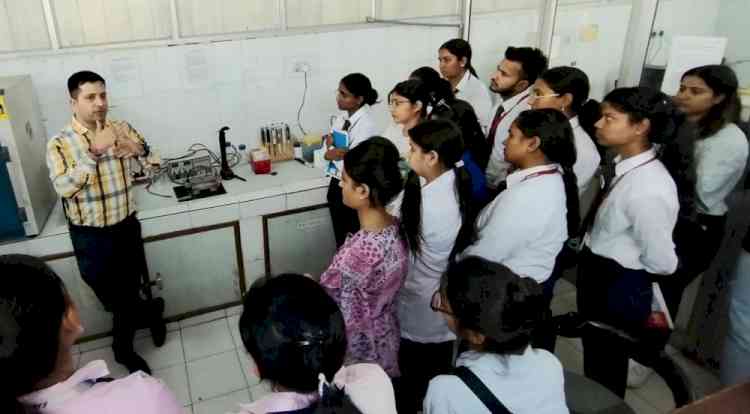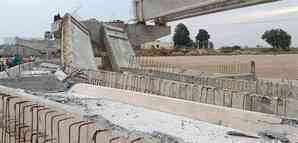Turning bad bacteria into their own 'intimate' enemies
London, May 12 (IANS) Identifying harmful bacteria can often be a difficult and expensive process, but scientists have now devised an easier way to identify them with the use of their own defence system, effectively turning them into their...

London, May 12 (IANS) Identifying harmful bacteria can often be a difficult and expensive process, but scientists have now devised an easier way to identify them with the use of their own defence system, effectively turning them into their own intimate enemies.
"Essentially, we have hijacked some of the metabolic machinery which bacteria use to control their environment, and used it instead to grow polymers which bind strongly to the specific bacteria that produce them," said professor Cameron Alexander of University of Nottingham in Britain.
In the new approach termed 'bacterial-instructed synthesis', the functionality of the polymers grown on the surface of the bacteria is programmed by the cells so that they can recognise their own 'kind', Alexander noted.
The researchers used fluorescent labels to light up the polymers and were able to capture this labelling using a mobile phone camera.
The bacteria helped to synthesise polymers on their own surfaces which not only were different from those made by conventional methods, but which retained a form of 'structural memory' of that surface, the study showed.
The findings could lead to specific detection agents or additives for topical anti-infectives that target a number of harmful bacteria all by a common route and to new ways of treating bacterial infections.
"These types of polymers may be designed to contain antibacterial functionalities so that they specifically bind to and kill bacterial pathogens," said Klaus Winzer, a microbiologist at University of Nottingham.
The study appeared in the journal Nature Materials.

 cityairnews
cityairnews 
















